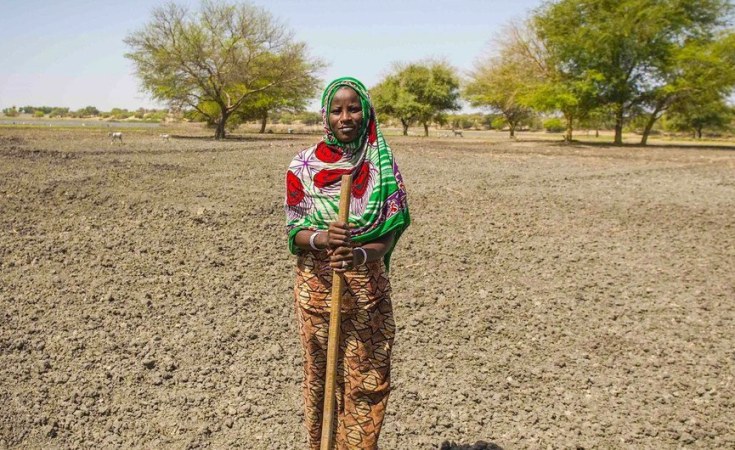An extreme heatwave in the Sahel region in March and April would not have been as lethal without human-caused climate change, the World Weather Attribution (WWA) group of climate researchers has found. It warned of an increase in extreme weather if carbon emissions are not rapidly reduced.
The heatwave would have been cooler if humans had not warmed the planet by burning fossil fuels, wrote the WWA, an international network of scientists focusing on extreme weather events, in a study published Thursday.
While periods of high temperatures are common the Sahel at this time of year, the report said a five-day heatwave in Mali and Burkina Faso from 1-5 April would have been 1.4-1.5C cooler without climate change.
Mali and Burkina Faso experienced temperatures above 45C, with Mali registering the hottest day in its history on 3 April as temperatures hit 48.5C in the western city of Kayes.
The length and severity of the heatwave made it difficult for people to cope, the WWA said, adding that the number of deaths and hospitalisations had risen.
The group said there were likely hundreds, if not thousands, of heat-related casualties given the death toll is often under-reported.
The Gabriel-Touré hospital in Mali's capital, Bamako, reported 102 deaths over the first four days of April. That's nearly as many as the 130 reported over the entire month in 2023.
Local news reported mortuaries in Bamako overflowing, with people needing to keep the dead at home.
Adapting infrastructure
The heat shocks may have been compounded by power cuts that left people without fans and air conditioning to cool themselves down.
The scientists noted that the loss of green spaces in cities such as Bamako and Ouagadougou have increased the "urban heat island effect". They recommended that urban planners take this into account in the face of ongoing rising temperatures.
Scientists predict a 10-fold increase in the frequency of extreme heatwaves if global warming reaches 2C above preindustrial levels, as is expected to happen by the 2040s or 50s if emissions are not cut rapidly.
Governments must adapt electricity and water infrastructure to face this unstable future.
In a separate study released Thursday, the WWA found that drought in southern Africa was driven by El Niño, a natural climate phenomenon that is associated with an increase in global temperatures.
The authors urge countries to implement early warning systems and strengthen food security systems in the face of future El Niño events.
(with AFP)


